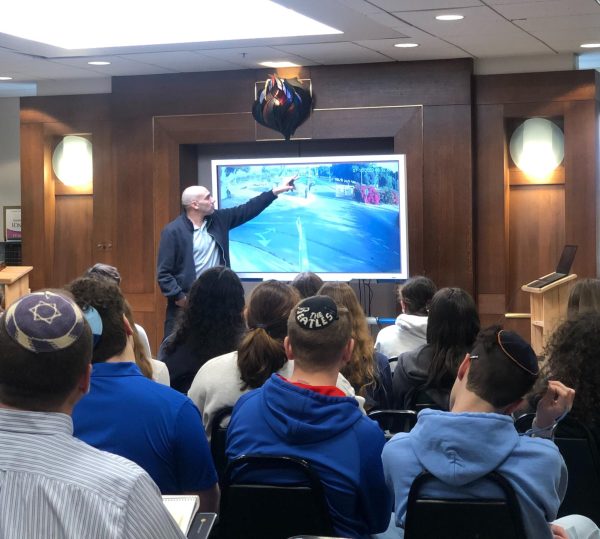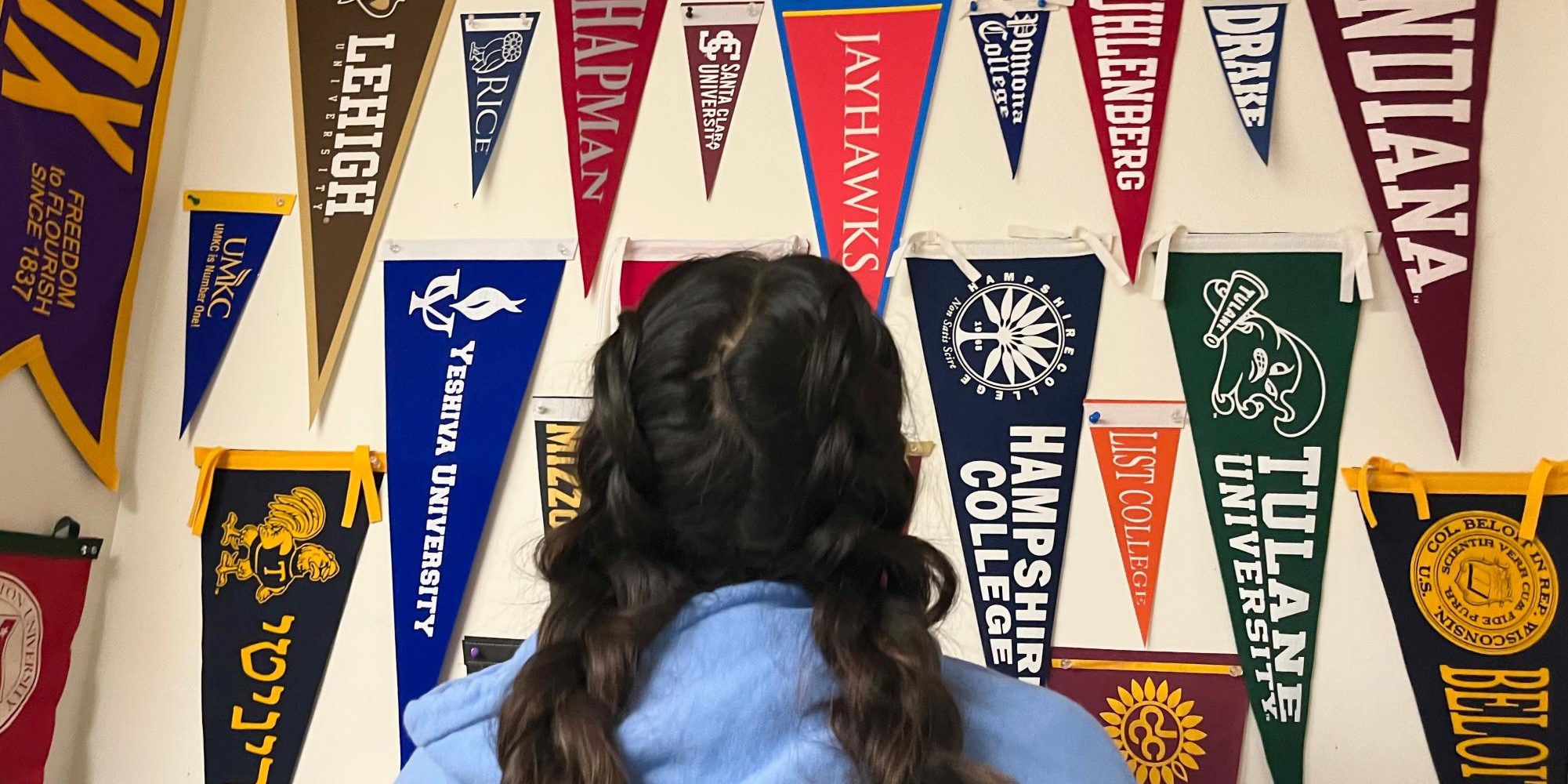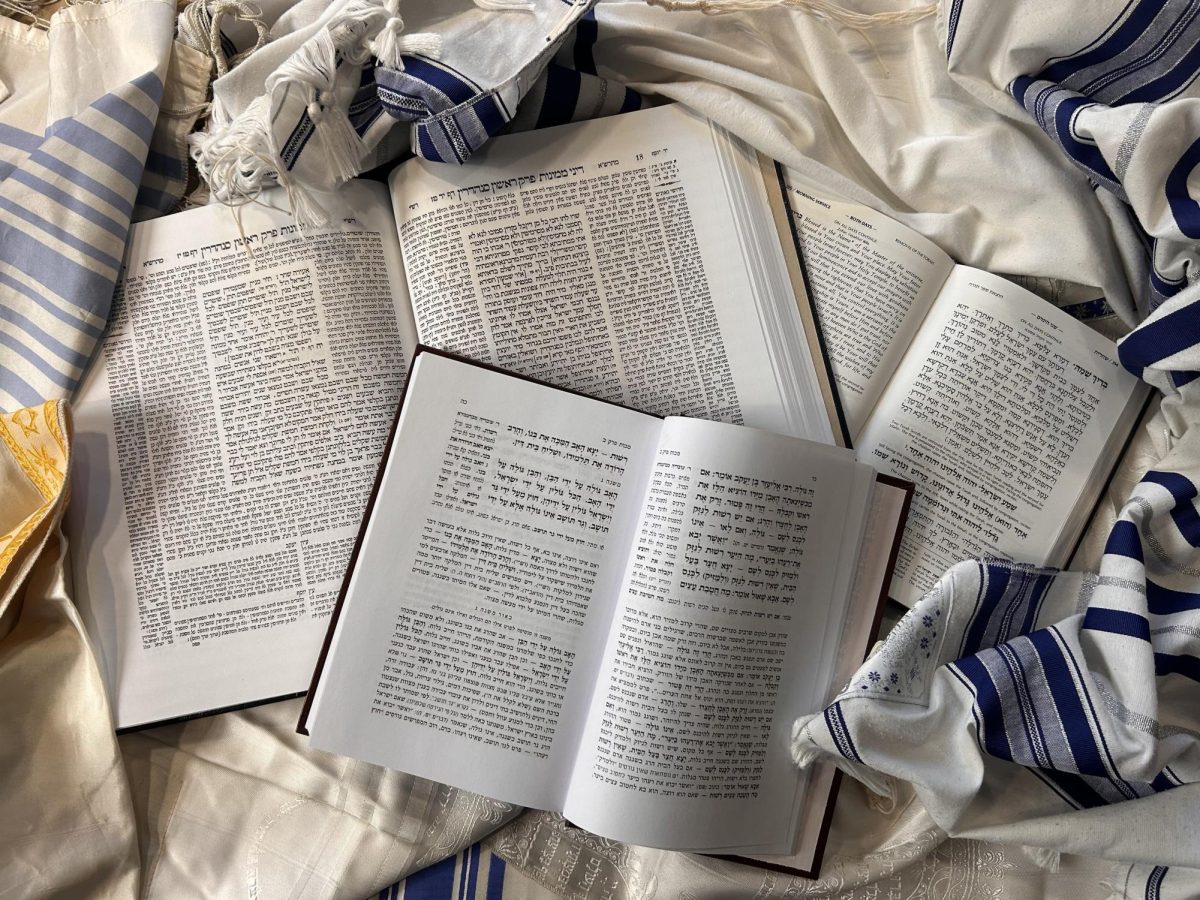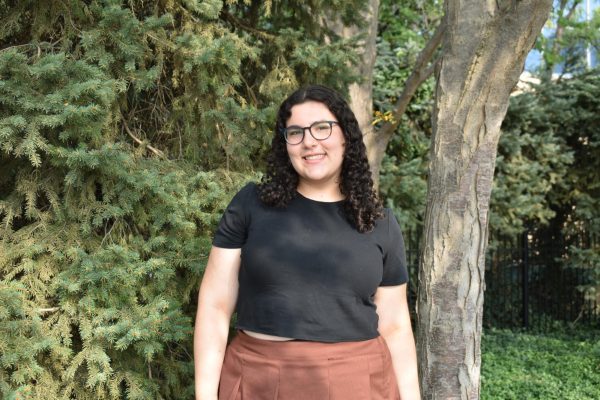During my first college guidance meeting last winter, my class and I were given a form to indicate the criteria most important to us in a university. I instinctively marked “Jewish Life on campus” immediately, imagining a university experience with Shabbat, holiday, and kashrut accommodations. I, maybe naively, didn’t think that Israel identity would be a significant part of Jewish life on campus.
This year, universities’ responses to the recent Israel-Hamas war is one of the key factors in Jewish students’ college search. I recently spoke with a peer of mine who did not apply to her former dream university because “October 7th happened.” The treatment of Jewish students on that campus excluded her from seeing herself as part of their community and pursuing an education there.
In her recent Atlantic article, “Why the Most Educated People in America Fall for Anti-Semetic Lies,” historian Dr. Dara Horn distinguished that Jewish students do not simply feel isolated because of uncomfortable dialogue, but rather the targeting behavior of antisemitic graffiti, violent threats, and physical assaults that have been spreading to campuses across the country.
There was a recent event hosted by K.U. student organizations in Lawrence, Kan., which brought a survivor of the Oct. 7th attack to share his narrative of the invasion of his home kibbutz, Re’im. Right outside the event space, protestors called for an “Intifada” and the forced removal of Jewish presence from the land of Israel. There were also four to five individual protesters who registered for the event and stood up from the crowd to disrupt the presenter.

This event was meant to memorialize the victims of the attack and the blunt opposition felt like erasure of this man’s and his community’s experiences.
Mika Kislanski, the Kansas City Jewish community shlicha (Israeli educational emissary) and part-time KU Hillel employee, says that in a reflection after the program, many participants felt that “oftentimes there’s no room for dialogue.”
When preparing to begin my university journey next year, I am more intimidated by navigating the harsh contrast between my opinions and my future peers’ than individual encounters with antisemitism. My whole life I’ve been surrounded by people who have values similar to mine, and even if we didn’t see eye to eye, we were well-established on common ground.
Understanding a community identity is crucial preparation to interact with others. Kislanski says her work has created opportunities for “interesting conversations both to have in a programmatic setting and also in one-on-one or group conversations.” She looks holistically at Israeli education saying that it “is important not just in the sense of advocacy but in the sense of understanding.”
One organization that has helped with my understanding of a Zionist identity has been the New Zionist Congress (NZC), a primarily social media-based and college campus-based approach to Israel dialogue.
New Zionist Congress’ advocacy through art is emblematic of the early Zionist visual arts campaign. Eitan Gutenmacher is part of the executive leadership team for the New Zionist Congress and a junior at New York University. He says the early pioneers of Jewish return to Israel “saw Zionism as this liberation movement for an indigenous group of people.”
Gutenmacher says the early Zionists portrayed this message early by “making extremely good art. Visual depictions that told that narrative in a very easy and clear way.”

What has been so disheartening for me in the past months is the stark contrast between the way I thought the world was versus what it has been revealed to me. On October 6th, I thought Israel was impenetrable. Since October 7th, I’ve seen how many people truly hate seeing my people’s Jewish star on an internationally recognized flag. These more victimized realizations are happening simultaneously with suffering and violence facing millions, and Israel’s name is attached to that pain.
My generation’s age of innocence is over. While the reality of Israel’s future national and global identity is intensely unknown, hopefully, our own Jewish identities can be more manageable.
When asked what advice he would give to incoming college students, Gutenmacher said it is crucial to “believe you are a resilient Jewish student and want to be proud of your Jewish identity.” He further says, “There is still so much work to do on these campuses, and, if anything, it [Jewish and Zionist collegiate existence] can provide a space where you can politically activate and care for other Jews.”
Kislanski echoed this advice and said it is important for entering college students to “find your Jewish organization.” She says to find a space that makes you feel at home, safe, and open. She says it is important to “Show up. Meet your Jewish peers, learn from them, and be open to learn from them.”
As I leave for university, I hope to use the values I learned here at HBHA to help contribute to the Jewish and greater campus community. I believe that through collaboration and conversation, flourishing student Jewish life can grow further than merely being a safe place for Jews.















